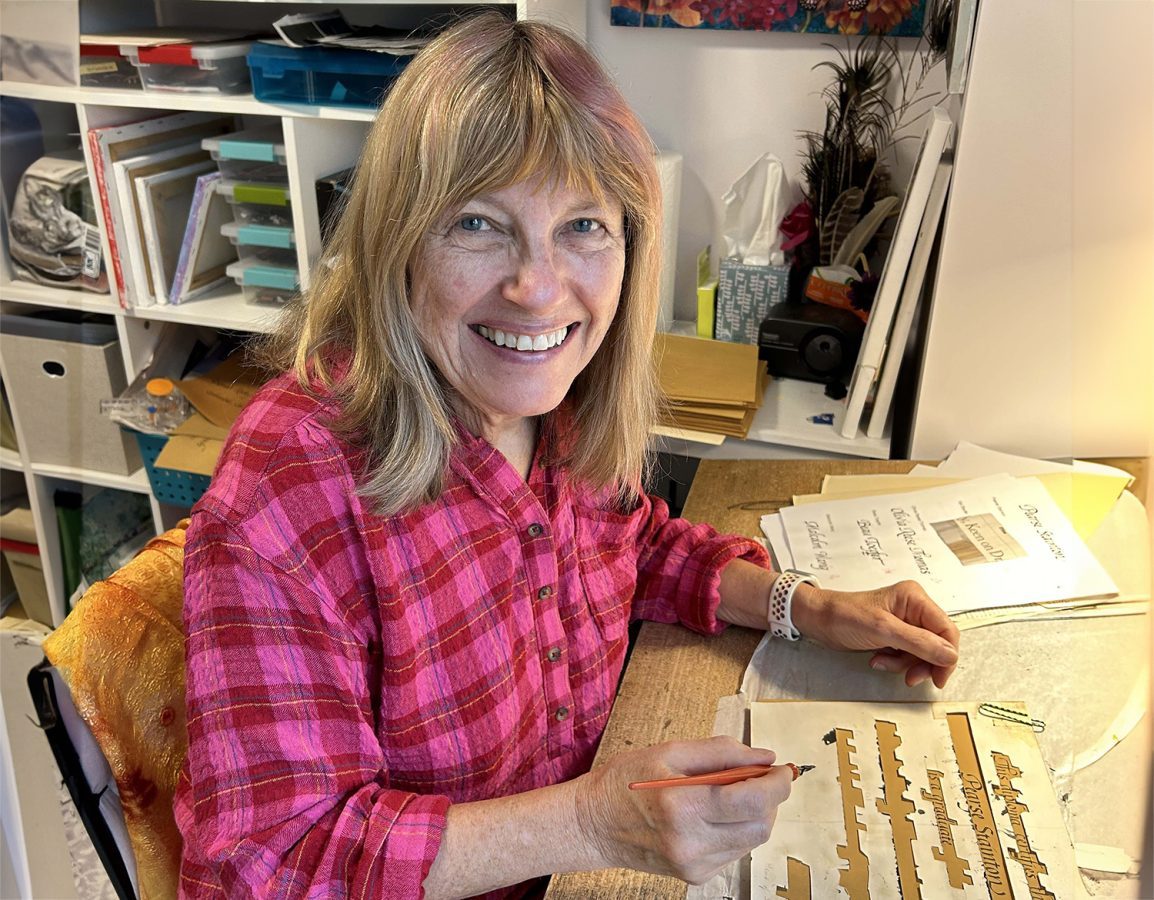The CRMS Community Bike Sharing Program
If you see a student pedaling a yellow cruiser bike around campus and then see another student pedaling a yellow cruiser bike around campus, don’t worry. You’re not seeing double. You’re actually witnessing the success of a new bike sharing program that has recently been introduced to campus. The CRMS Community Bike Program is a student-driven project that took off last year to resolve some of the bike issues students were seeing around campus.
“Last year in our history class, we had to come up with an idea and submit it for the Chris Babb Award,” says junior Ella Beck. “Although a bike sharing program had been proposed and rejected before, four of us strengthened the proposal and presented it as a bright idea to help the community.”
The time for solutions was ripe. Bike use has increasingly become a challenge on campus. While the bike shop is beloved for its ability to fix used bikes and sell them back into the community for a pittance, one unintended consequence is the number of bikes that students keep on campus and use to get around. Broken bikes often fill up the bike shop queue or are left around campus to clog up the bike racks.
Teacher Darryl Fuller, who oversees the bike shop, likens it to the “Tragedy of the Commons,” an economic theory where individuals act according to their own self-interest and contrary to the good of all users. The community bike program is geared to mitigating that effect by providing a sturdy, easily maintainable fleet of bikes that all students can use to get around.
After joining forces with Fuller, the students won a $1,200 Chris Babb Award to purchase four bikes. Another four bikes were added this year and the hope is to eventually bring the fleet up to 15 or 20 easily identifiable bikes that require little maintenance and are always available for student and faculty use. The bright yellow cruisers are single speed one-size-fits-all “townie” bikes equipped with lights, locks, kickstands, and a small CRMS plaque that includes the word “Respect.”
While the program is designed to alleviate bike congestion on campus, Fuller also sees it as a chance to teach students about responsibility, caring for belongings, and biking etiquette. “I often see kids drop their bikes on the ground. It’s hard on a bike. With the yellow bikes, we’re asking them to take an extra moment to care for them. If we can do that, they won’t require much upkeep.”
Although he hasn’t kept any data, he believes the program is having its intended effect so far and lessening the number of bikes around campus. Ultimately this may free up the bike shop to pursue more extended projects. Beck, too, has been impressed with community response. “I thought we’d have more issues, but people have done a great job. Everyone recognized that the bikes run better when treated better.”
She attributes part of that respect to the bike names. Although officially called “CRMS Oyster Bikes,” they’ve unofficially been dubbed “Testi-Cycles” in honor of the school’s mascot, the Rocky Mountain Oyster. “It’s fun to say you’ve ridden a Testi-Cycle,” she says. The lessons she’s taken away from the project run much deeper.
“What I’ve learned is that if you see a problem on campus, it’s easy to come up with a solution and find support from teachers,” she says. “We’re lucky that these are our biggest problems and that they are able to be solved so easily.”
 MYCRMS
MYCRMS
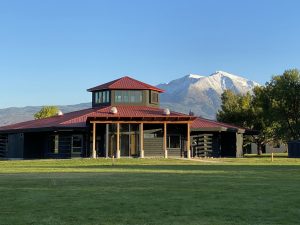
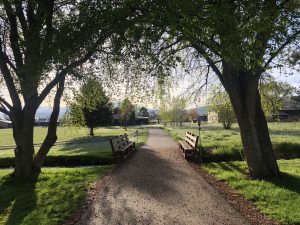
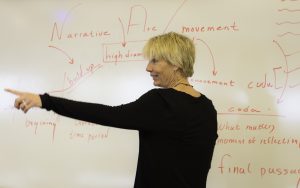
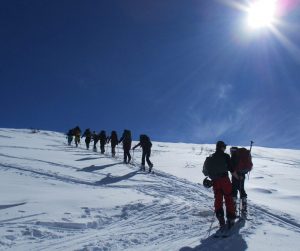

 Virtual Tour
Virtual Tour
